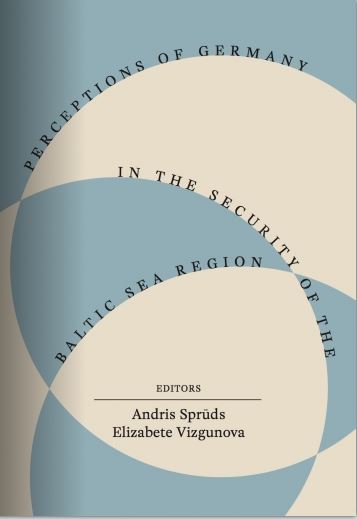The Wider Context: Germany's Baltic Engagement, the ‘Munich Consensus’ and the Future of European Security

About the book
About the chapter's author
Barbara Kunz has been Research Fellow at Cerfa since April 2015. She holds a PhD from Stockholm University/Sweden and a Master’s degree from the Institut d’Etudes Politiques de Paris. Before joining Cerfa, she spent several years working for the Centre for Baltic and East European Studies (Stockholm, Sweden), Bertelsmann Stiftung (Gütersloh, Germany) and Genshagen Foundation (Genshagen close to Berlin, Berlin) respectively. Barbara moreover stayed at the Center for Transatlantic Relations/Johns Hopkins University in Washington DC as well as at the Centre for International Affairs in Warsaw as a visiting fellow.
The book is published by the Latvian Institute of International Affairs in collaboration with the Konrad Adenauer Stiftung. It is available here: Perceptions of Germany in the Security on the Baltic Sea Region.






